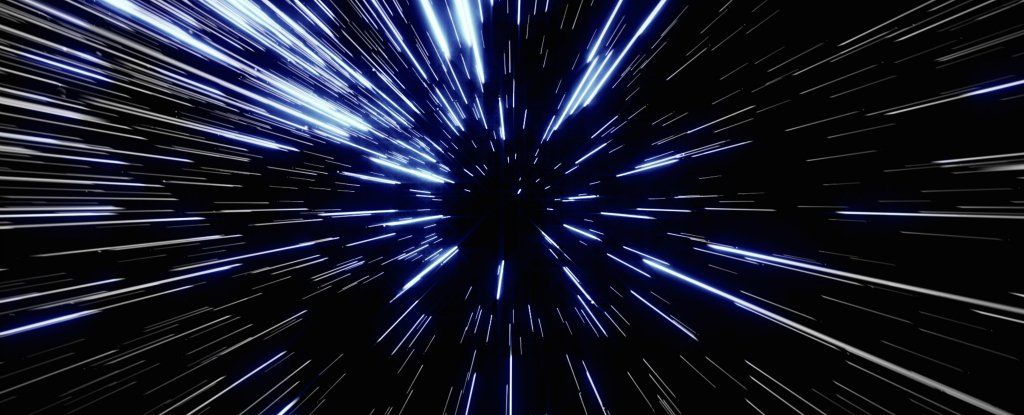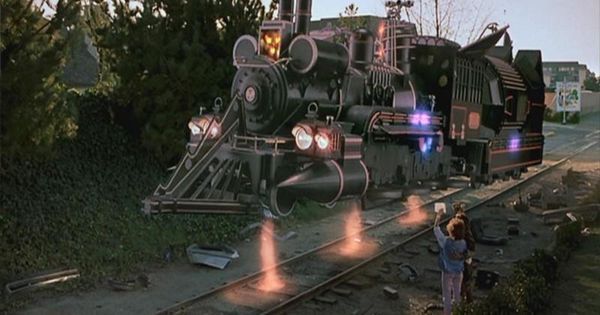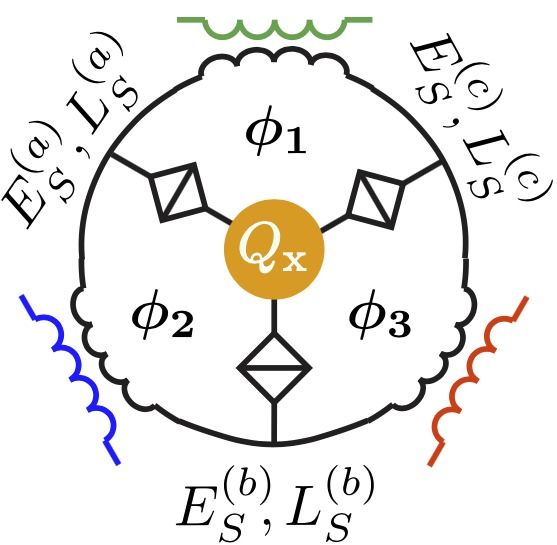CERN has revealed plans for a gigantic successor of the giant atom smasher LHC, the biggest machine ever built. Particle physicists will never stop to ask for ever larger big bang machines. But where are the limits for the ordinary society concerning costs and existential risks?
CERN boffins are already conducting a mega experiment at the LHC, a 27km circular particle collider, at the cost of several billion Euros to study conditions of matter as it existed fractions of a second after the big bang and to find the smallest particle possible – but the question is how could they ever know? Now, they pretend to be a little bit upset because they could not find any particles beyond the standard model, which means something they would not expect. To achieve that, particle physicists would like to build an even larger “Future Circular Collider” (FCC) near Geneva, where CERN enjoys extraterritorial status, with a ring of 100km – for about 24 billion Euros.
Experts point out that this research could be as limitless as the universe itself. The UK’s former Chief Scientific Advisor, Prof Sir David King told BBC: “We have to draw a line somewhere otherwise we end up with a collider that is so large that it goes around the equator. And if it doesn’t end there perhaps there will be a request for one that goes to the Moon and back.”
“There





